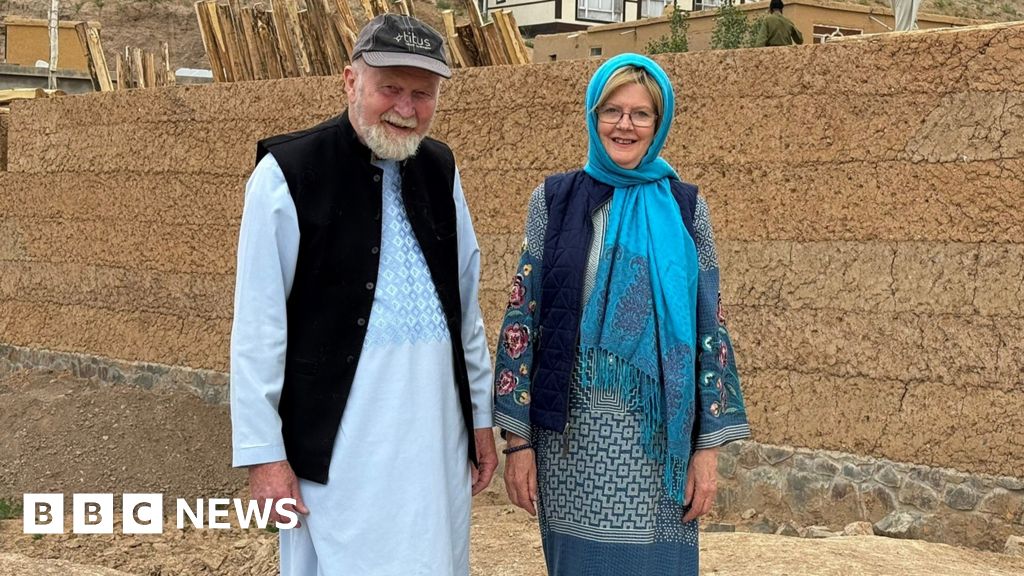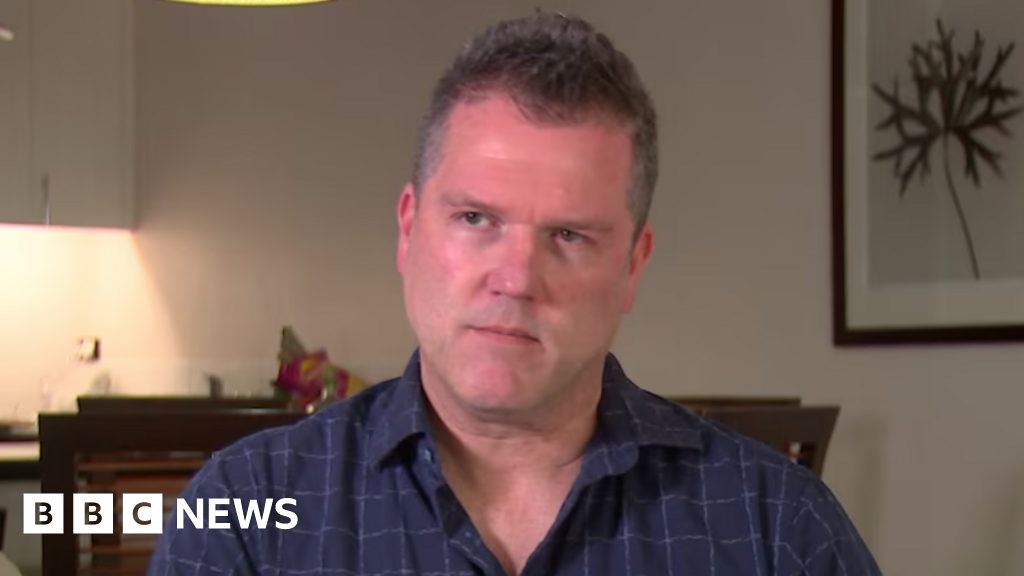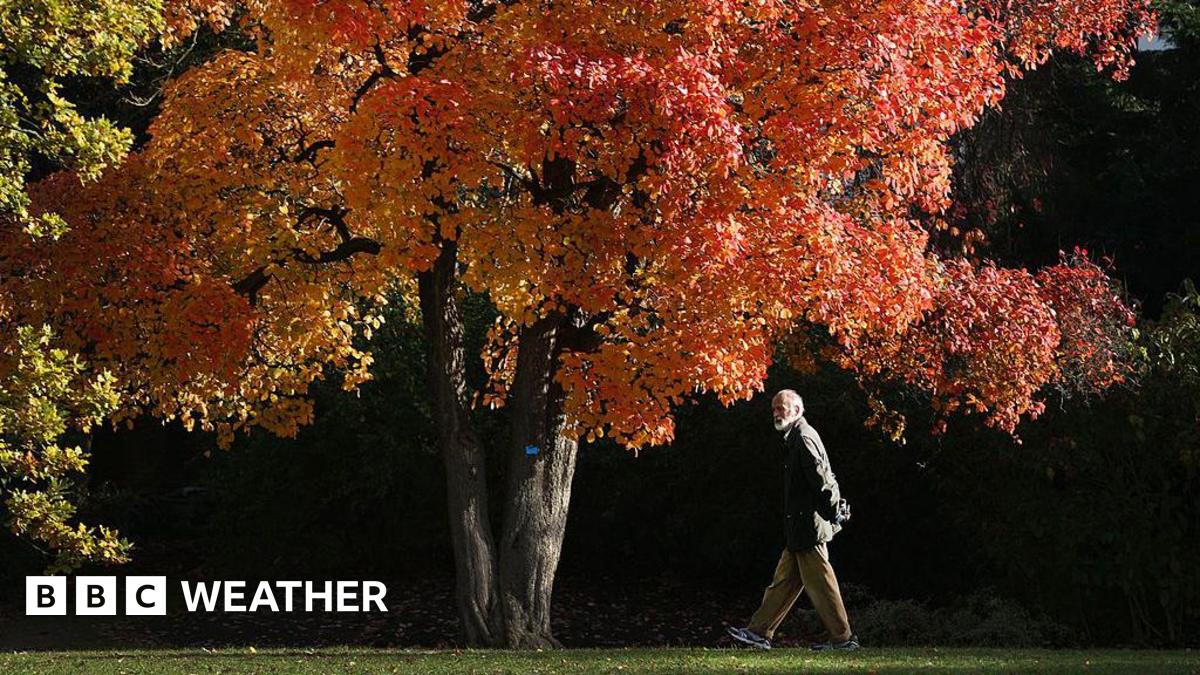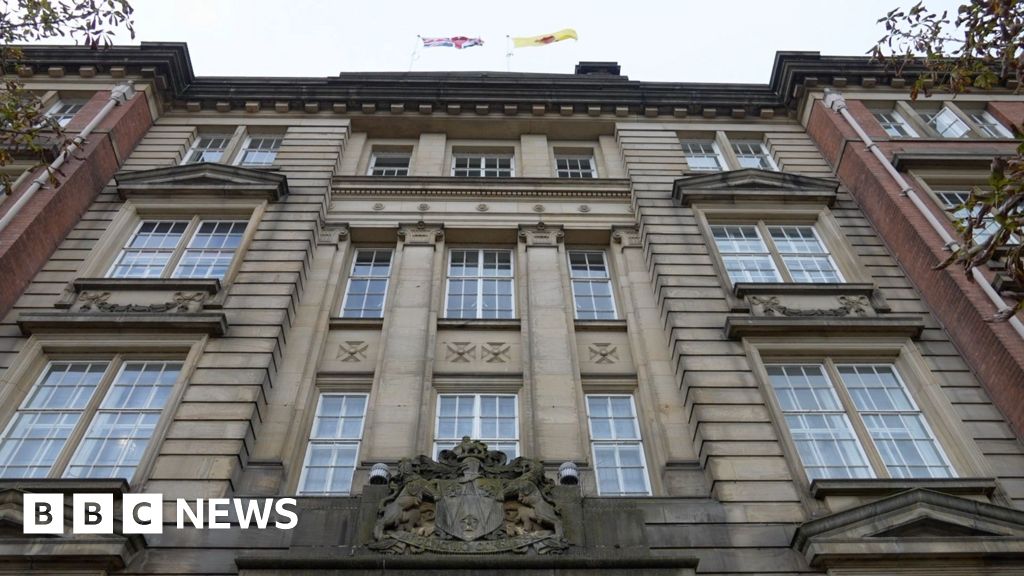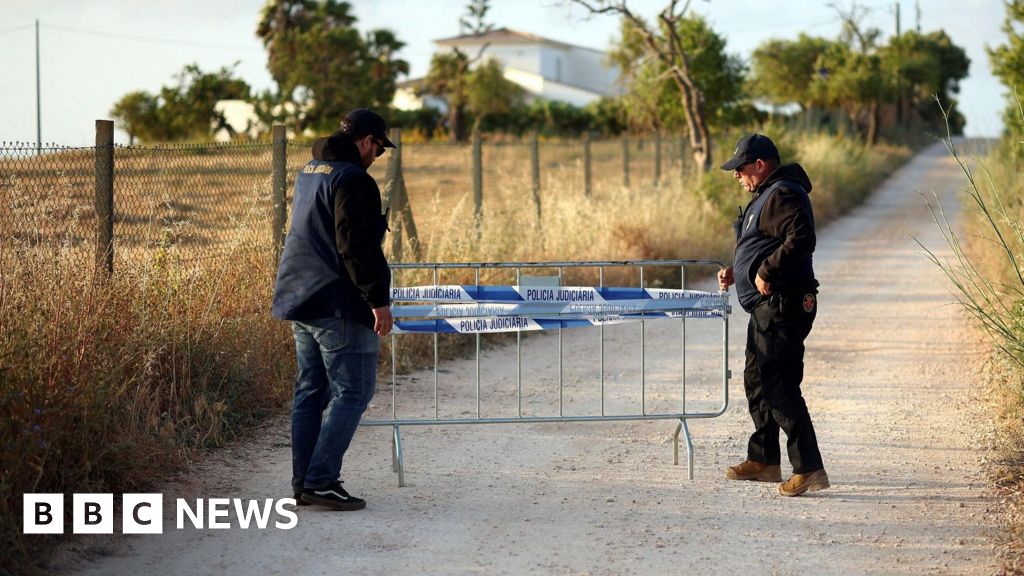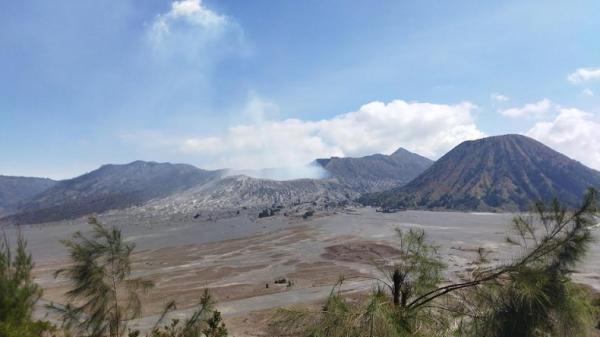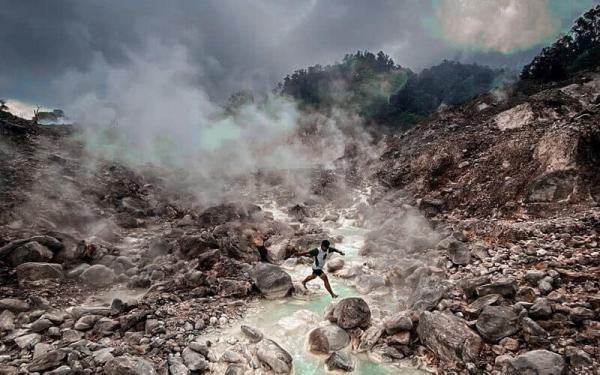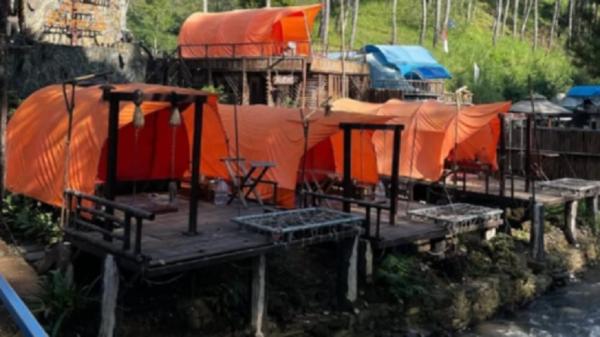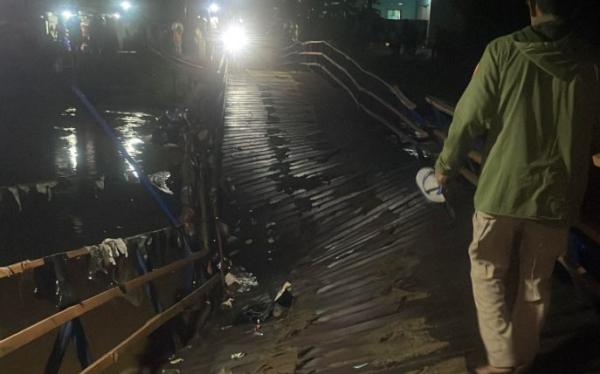Asha Patel
BBC News, Nottingham

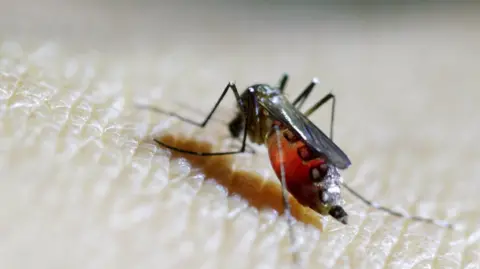 Reuters
Reuters
Prof Jonathan Ball believes climate change will spread tropical diseases north
A virologist has said mosquito-borne diseases are "likely" to increase in range after West Nile virus was detected in the UK for the first time.
The UK Health Security Agency (UKHSA) said fragments of the virus - which can sometimes make people seriously ill - had been found in wetland in Retford, Nottinghamshire.
Prof Jonathan Ball, director of the Centre for Global Virus Research at the University of Nottingham said climate change meant tropical viral diseases would become more established further north.
This summer, Gamston in Retford will be among a number of locations to undergo mosquito surveillance as part of a national project to understand mosquito activity across Britain.
'We need to be aware'
The West Nile virus has two hosts, Prof Ball said, birds and mosquitoes.
"Occasionally, that virus can pass on to humans and cause disease," he said.
"About two in 10 people who are infected can show signs of disease, which is fever, those kinds of things.
"But occasionally, about one in 150 people who become infected can show more severe disease."
There have been no human cases of locally-acquired West Nile Virus in the UK to date.
Prof Ball said the discovery of West Nile in Nottinghamshire was not something the general public needed to be "too concerned" about.
"It is something we need to be aware of - it's likely that these are going to increase in range," he said.
"It's just a general trend that lots of these viruses – knows as flaviviruses – these are viruses that circulate in mosquitoes and they're general around the tropics.
"But because of global warming they're increasing their range northwards and it does mean there is a risk that we're going to see some of these tropical viral diseases become established further and further north."
He added the best way to avoid the virus was to "avoid being bitten" by covering up and using insecticide.
The project in Gamston will see the UK Health Security Agency work with Bassetlaw District Council and Nottinghamshire County Council to increase surveillance on land along the River Idle.
.png)
 3 months ago
76
3 months ago
76
